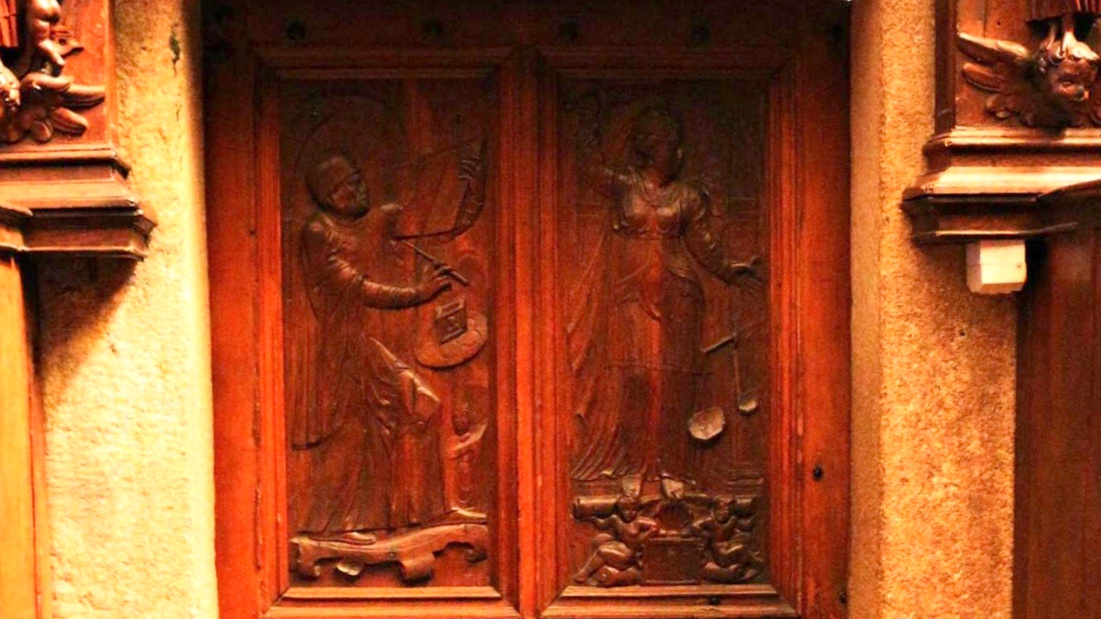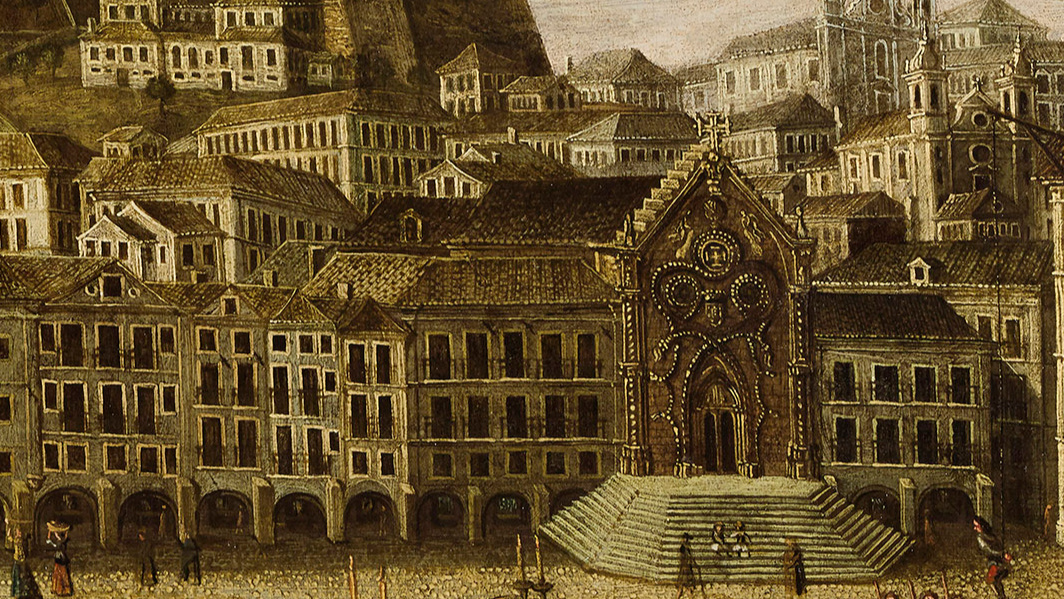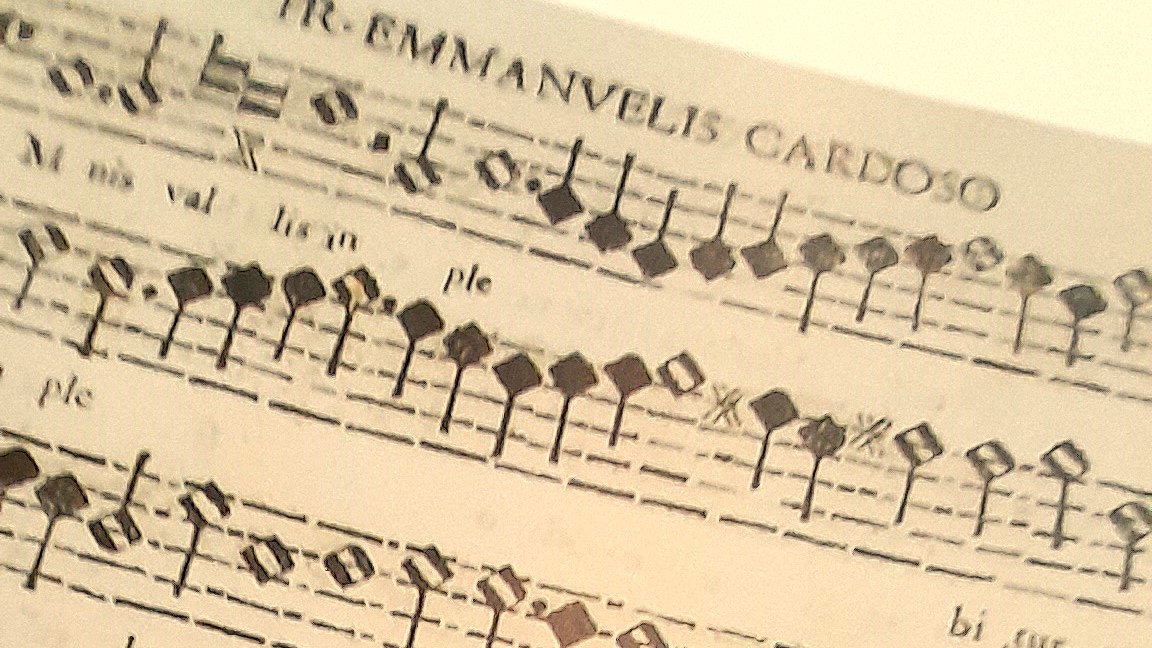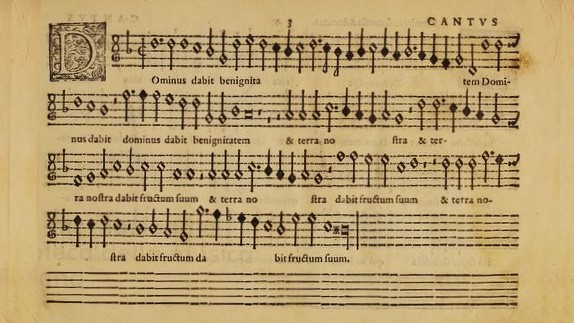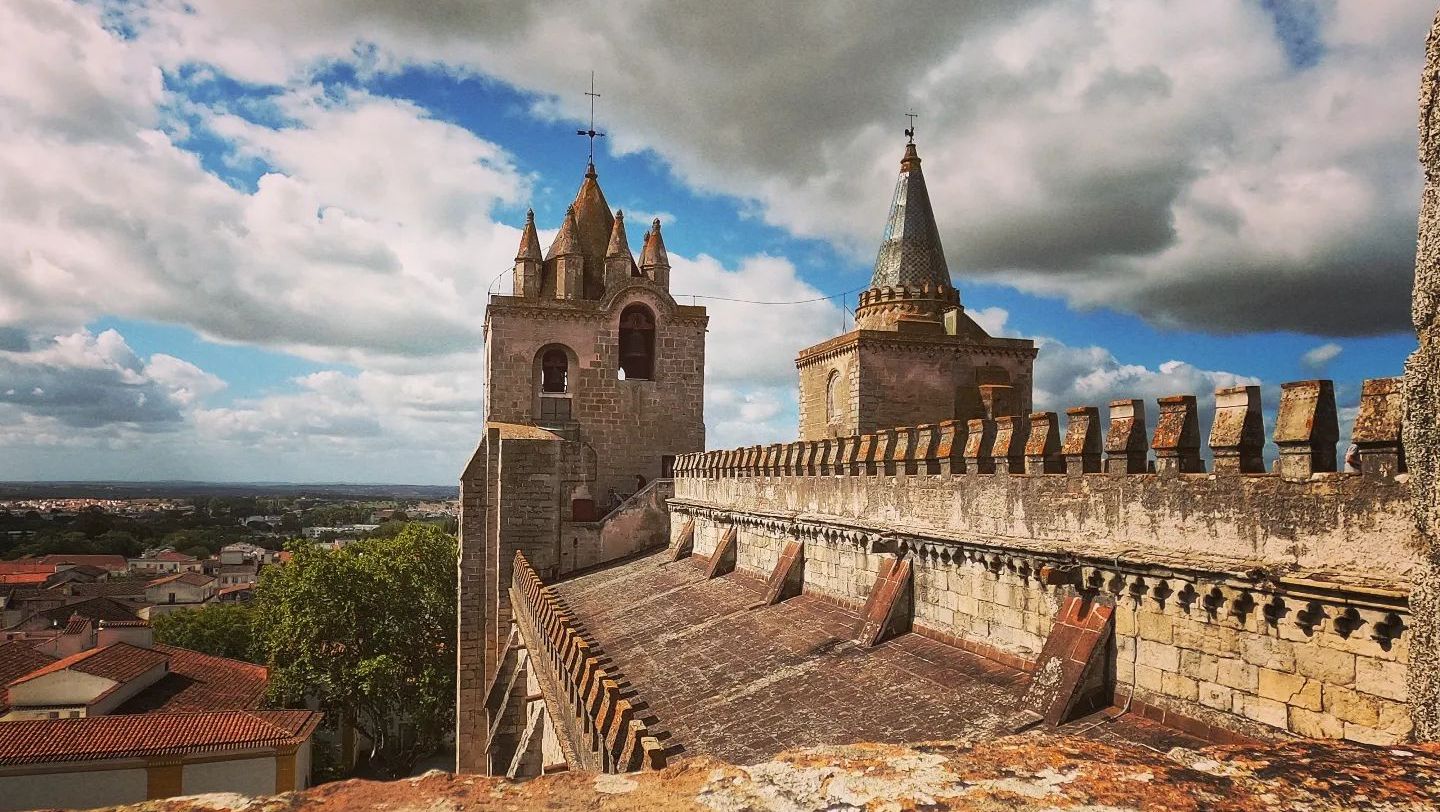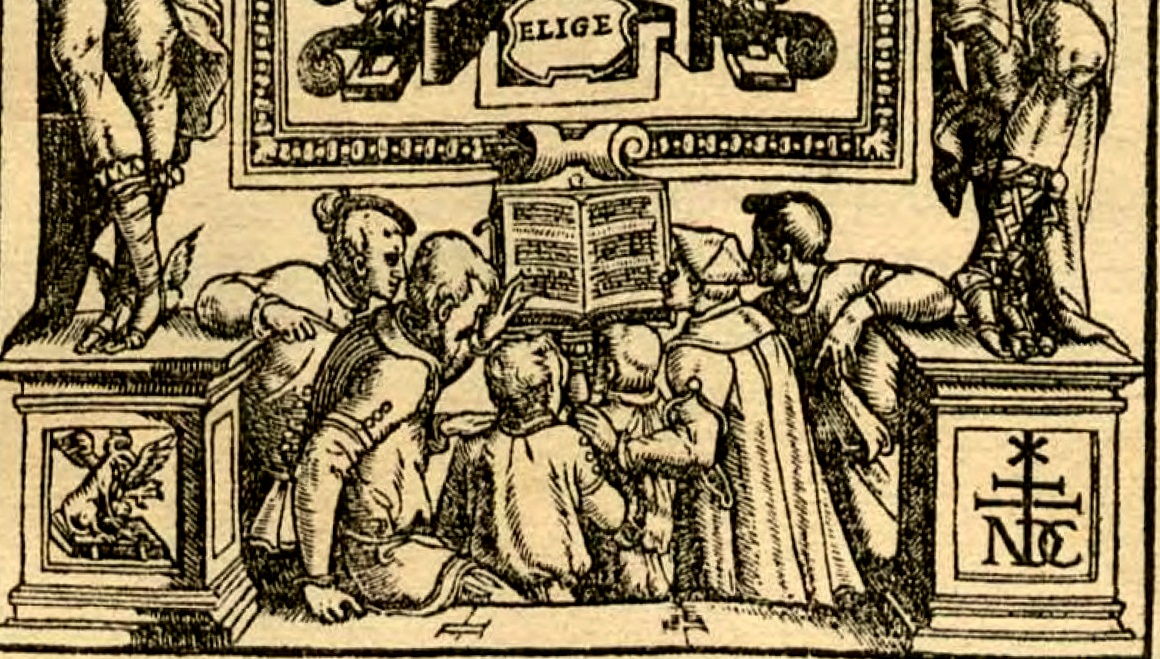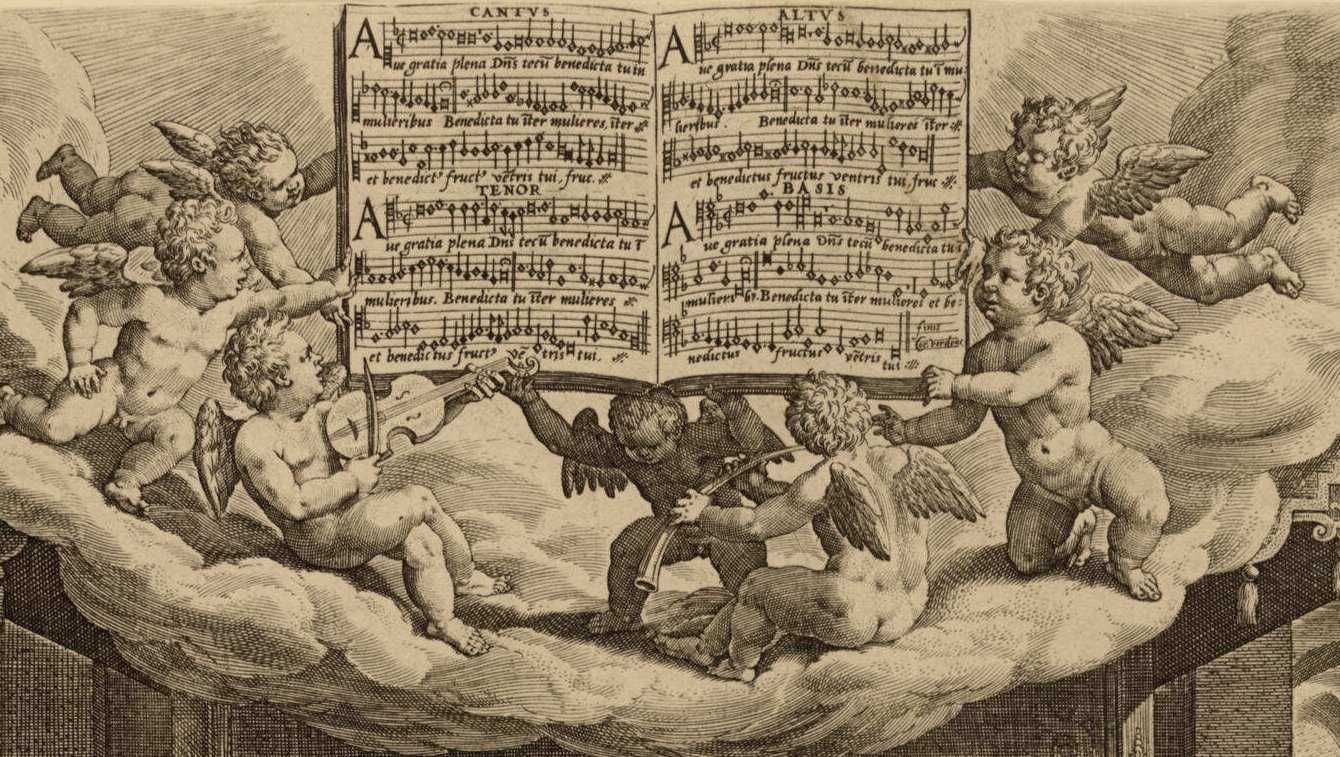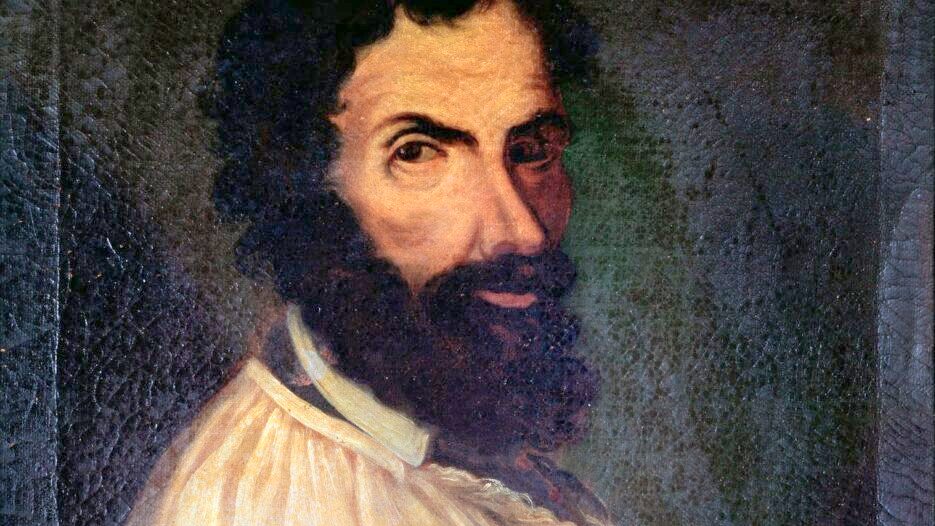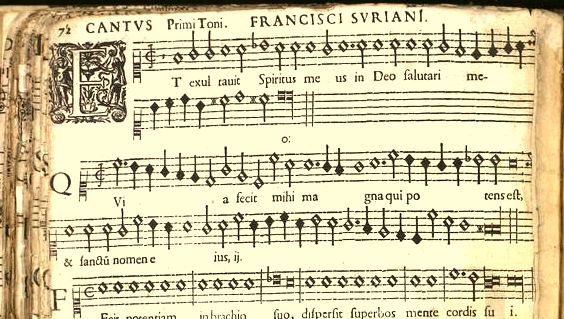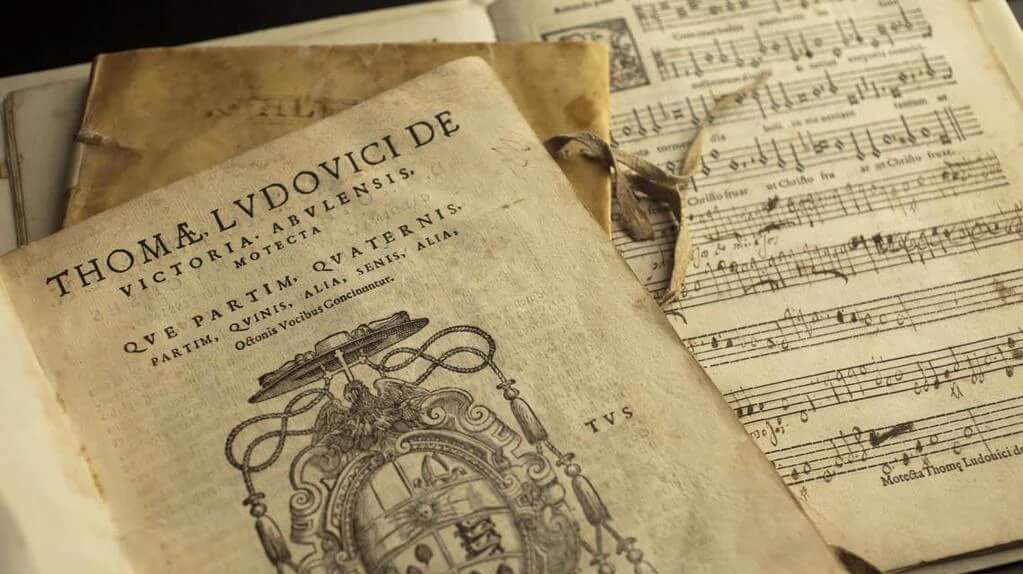Around two sixteenth-century doors in Évora and their musical context
Around two sixteenth-century doors in Évora and their musical context ❧ The door, an object of everyday life frequently forgotten, has, in certain contexts, some historical significance, sometimes not by itself, but by the individuals who used them. The present text does not intend to be a philosophical exercise on the symbolism of the door, notably through its biblical readings, …
Around two sixteenth-century doors in Évora and their musical context ❧ read more »

